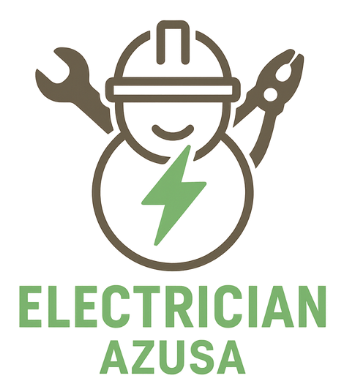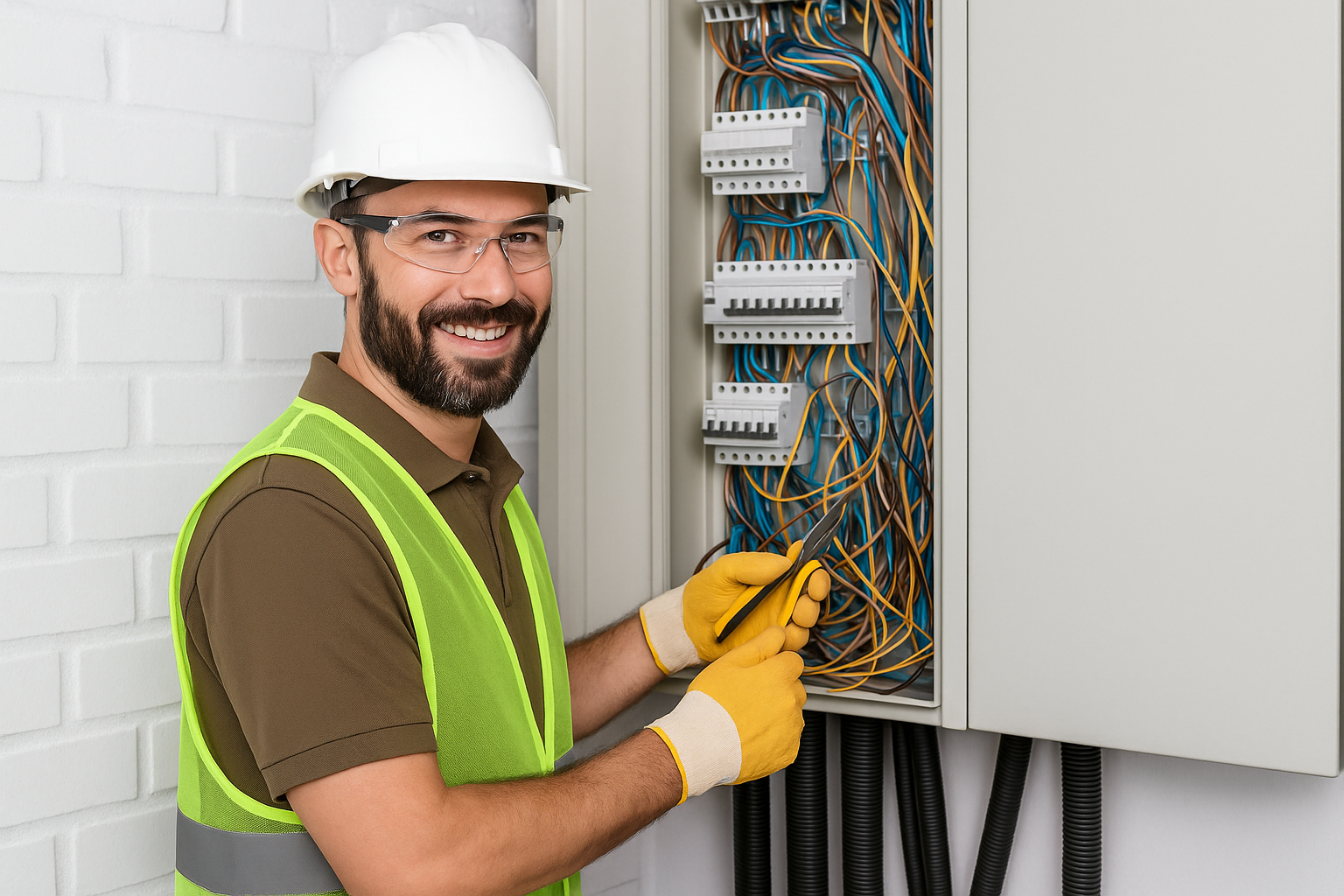Selecting the right electrician is one of the most important decisions you’ll make when it comes to ensuring electrical safety, performance, and compliance. Whether you’re planning a new lighting installation, upgrading your service panel, or managing a large-scale commercial project, hiring a qualified professional guarantees that every step is handled with care and precision. With so many electricians to choose from, understanding what to look for helps you save time, avoid unnecessary costs, and safeguard your property for years to come.
1. Verify Licensing and Certification
The first and most essential step is confirming that your electrician is fully licensed and certified. A valid license shows that they’ve completed official training, passed required examinations, and comply with both local and national safety standards. Don’t hesitate to ask for their license number and verify it with your city or state licensing board. For complex or high-demand projects, consider hiring a master electrician – someone with extensive experience and a proven track record of handling advanced electrical systems. Avoid unlicensed workers altogether; it’s unsafe, illegal in most areas, and could void your insurance if an incident occurs.
2. Ensure Proper Insurance Coverage
Electrical work carries inherent risks, which makes proper insurance coverage non-negotiable. A professional electrician should carry both general liability insurance and workers’ compensation. General liability covers accidental property damage, while workers’ compensation protects you from liability in the event of on-site injuries. Always request proof of insurance before work begins and verify that policies are up to date. This simple step protects both you and the contractor throughout the duration of your project.
3. Look for Experience That Matches Your Project
Not every electrician specializes in the same type of work. Residential electricians handle home wiring, panel replacements, lighting installations, and repairs. Commercial electricians focus on high-capacity systems, code compliance, and large-scale installations in offices or industrial spaces. Industrial electricians are trained for heavy machinery, automation, and high-voltage systems. Choose an electrician whose experience directly matches your project type. Specialized expertise ensures accuracy, efficiency, and lasting results.
4. Review Reputation and Ask for References
A strong reputation is one of the best indicators of professionalism and quality. Check online reviews and testimonials on trusted platforms to gauge reliability, communication, and overall performance. Consistent positive feedback about punctuality and workmanship is a great sign. Don’t hesitate to ask for references from previous clients, especially for projects similar to yours. Speaking with past customers gives you insight into how the electrician manages timelines, handles challenges, and maintains professionalism throughout the process.
5. Request Detailed and Transparent Estimates
Once you’ve narrowed down your options, request written estimates from at least two or three electricians. A professional will assess your property, evaluate your needs, and provide an itemized quote outlining labor, materials, permits, and project timelines. Avoid vague or verbal estimates. Be cautious with unusually low prices – these often involve lower-quality materials or rushed work that can lead to safety issues later. The best electricians offer clear, transparent pricing with no hidden fees and a detailed breakdown of every cost.
6. Confirm Permit Requirements and Code Compliance
Electrical projects often require permits and inspections to ensure compliance with local safety regulations. A reputable electrician will know exactly which permits are necessary and handle the process for you. If someone suggests skipping permits to save time or money, consider that a major red flag. Unpermitted work can result in fines, failed inspections, and even problems with insurance claims or property sales. Code compliance is a reflection of both professionalism and safety commitment.
7. Evaluate Communication and Professionalism
Great electricians do more than fix problems – they communicate clearly and treat clients with respect. Pay attention to how they respond to inquiries, explain technical details, and listen to your concerns. A professional will take time to walk you through the process, offer expert recommendations, and keep you informed throughout the project. Effective communication prevents misunderstandings and ensures your expectations are fully met.
8. Observe Safety Practices and Craftsmanship
Electrical work requires precision, discipline, and strict safety adherence. Ask potential electricians about their safety procedures – do they use personal protective equipment, follow lockout/tagout policies, and maintain a clean workspace? True professionals take pride in their craftsmanship: neat wiring, secure connections, and thorough testing are signs of quality. Sloppy or disorganized work is a warning sign that could lead to hazards or costly repairs down the line.
9. Review Warranties and Service Guarantees
A dependable electrician stands by their work with warranties and service guarantees. Before signing a contract, ask about the length and coverage of their warranties for both labor and materials. Most reputable electricians offer at least a one-year workmanship guarantee, while others provide extended coverage for specific installations. Also, inquire about the product brands they use – quality materials from trusted manufacturers provide added safety and longevity for your electrical systems.
10. Trust Your Instincts and Be Alert for Red Flags
Your instincts are an invaluable part of the hiring process. If an electrician pressures you for immediate payment, avoids documentation, or hesitates to show credentials, take it as a warning sign. Reputable professionals are transparent, organized, and confident in their qualifications. They’ll provide clear contracts, insurance proof, and written estimates without hesitation. Trust your intuition – if something doesn’t feel right, it probably isn’t.
Why Choosing the Right Electrician Matters
A qualified electrician does far more than connect wires – they ensure your entire electrical system functions safely and reliably. Poor installations or repairs can lead to dangerous short circuits, fire hazards, and equipment failure. Choosing a licensed, insured, and experienced electrician is an investment in your property’s long-term safety and performance. Whether it’s upgrading a residential panel, wiring a commercial facility, or installing energy-efficient lighting, expert workmanship provides peace of mind and lasting value.
Final Thoughts
Hiring the right electrician isn’t just about convenience – it’s about ensuring safety, compliance, and efficiency. Take your time to research, compare, and verify credentials before making a decision. The most reliable electricians welcome your questions, communicate openly, and deliver consistent, high-quality results. When you hire a true professional, you’re not only securing exceptional service but also protecting the safety and comfort of your home or business for years to come.

